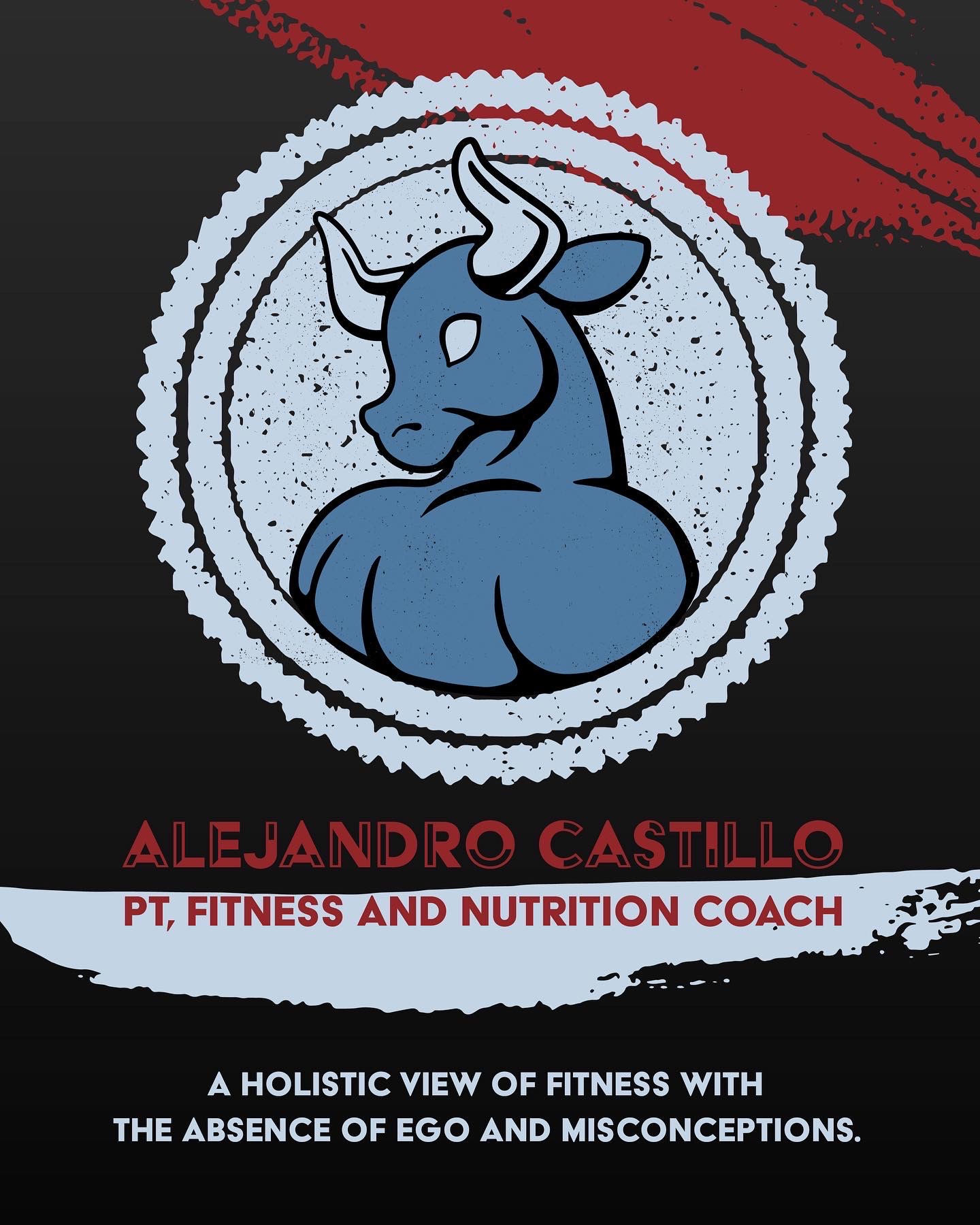
8 Habits to Help You Lose Weight Effectively
In today’s time, where obesity rates are on the rise and health concerns are growing, the search for effective weight loss has become increasingly important. Losing weight is not just about achieving an ideal body image, but rather being able to keep it off and promoting overall health and well-being moving forward.
However, the amount of weight loss advice and fad diets can be overwhelming and misleading. To make things clear, in a sustainable and healthy way, one must adopt a balanced and evidence-based approach.
-
Set Realistic Goals:
One of the fundamental principles of effective weight loss is setting realistic and achievable goals. Rapid, extreme weight loss often leads to rebound weight gain. Instead, focus on gradual, sustainable progress. In a world where faster and more is always considered better, search for a more realistic solution.
-
Balanced Diet:
A key component of weight loss is a balanced diet. Focus on whole foods such as fruits, vegetables, lean proteins, and whole grains. Reduce or eliminate highly processed, sugary, and high-fat foods. The calories taken in should be counted, take account for activity level to ensure weight loss is possible.
-
Regular Exercise:
Incorporating regular physical activity into your routine is crucial for burning calories and improving overall health. A proper program removes the guesswork from the gym. A combination of cardiovascular exercises (like running, swimming, or cycling) and strength training can help you achieve the best results.
-
Mindful Eating:
Avoid spending your free time with food, especially snacks as they make it difficult to achieve weight loss goals. Pay attention to hunger cues, savor each bite, and avoid distractions like TV or smartphones during meals.
-
Stay Hydrated:
Drinking an adequate amount of water is often overlooked in weight loss efforts. Staying hydrated can help control appetite and support metabolism. An active individual should aim at around 70% of their body weight in fluid ounces a day. Ex. A 100-pound person should drink 70 fluid ounces of water daily.
-
Get Adequate Sleep:
Sleep is an often overlooked method of losing weight because we are so focused on what we can do actively that we forget that sleeping is one of them. Lack of sleep can disrupt hormones that regulate appetite, leading to weight gain. Aim for 7-9 hours of quality sleep per night to support your weight loss goals.
-
Seek Professional Guidance:
If you’re struggling with weight loss, consider consulting a healthcare professional, registered dietitian, or certified personal trainer. These professionals can provide personalized advice, address underlying health issues, and create a tailored plan to any fitness goal.
-
Patience and Consistency:
Weight loss is not a linear journey, and there will be ups and downs. It’s essential to stay patient and consistent with your efforts. This will be the longest, and hardest journey but I know it will be worth it.
Conclusion:
In conclusion, to lose weight effectively means adopting a holistic and sustainable approach that prioritizes your overall health. Setting realistic goals, maintaining a balanced diet, engaging in regular exercise, practicing mindful eating, and seeking professional guidance when needed are key habits you need to lose weight sustainably.
Remember that it’s not just about losing weight quickly, but about making lasting, positive changes to improve your well-being. Following these principles will make achieving your fitness goals just a little bit easier. Remember it’s about the journey, not the destination.
Holisticfitx




